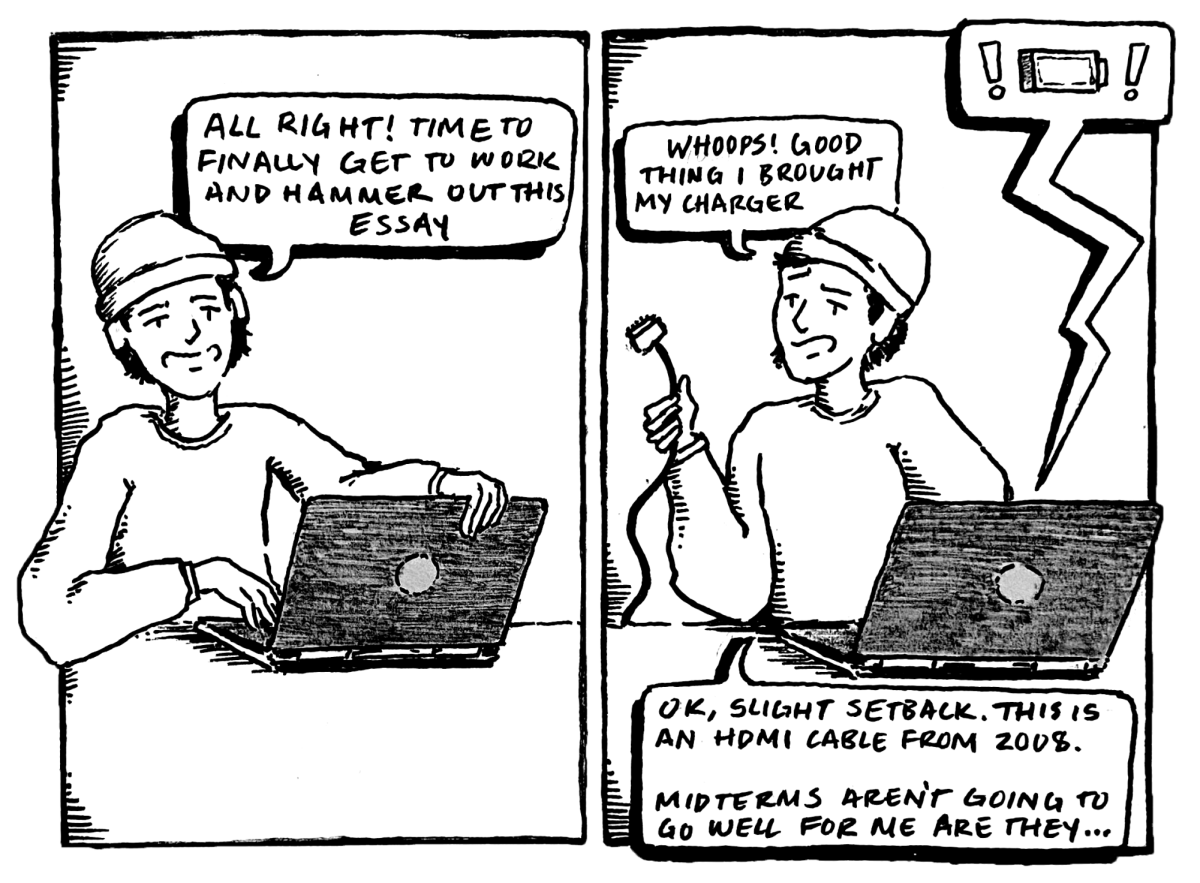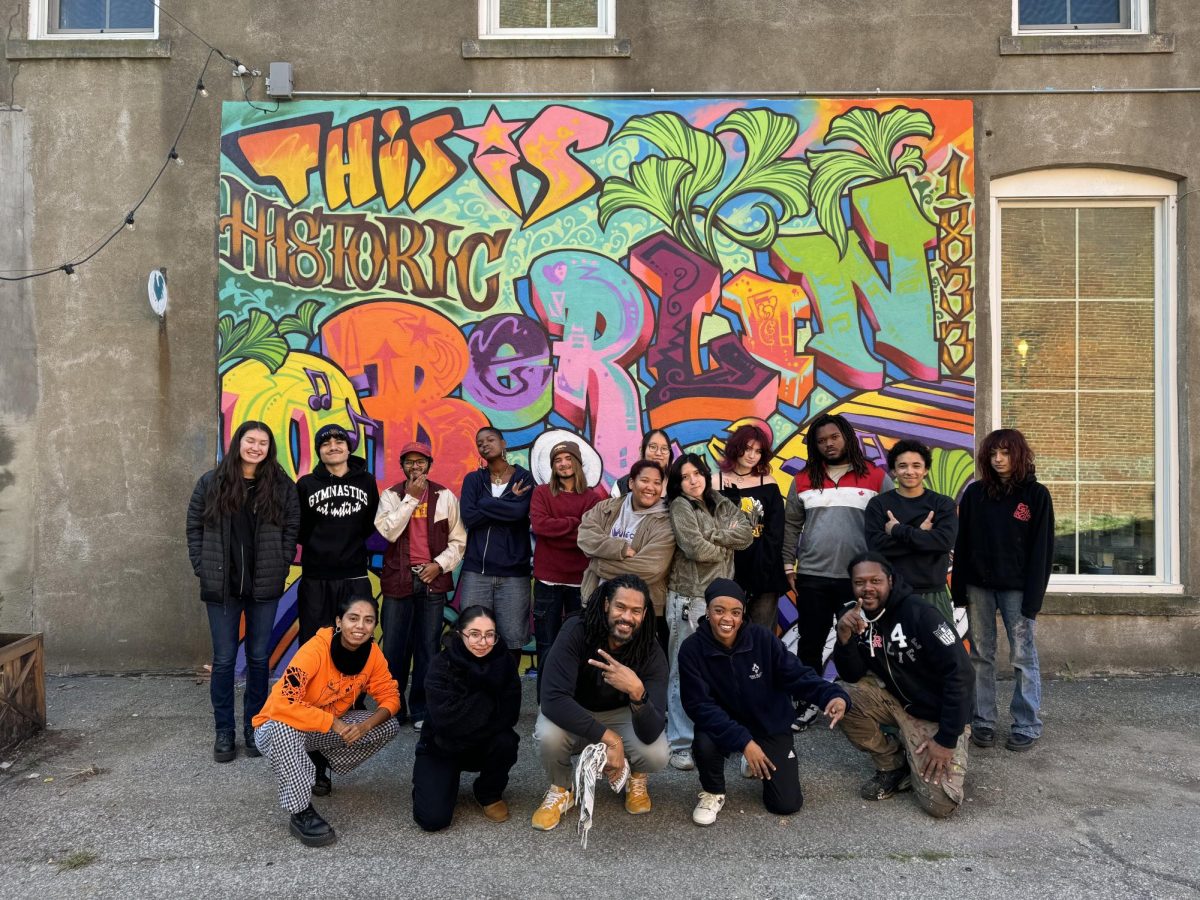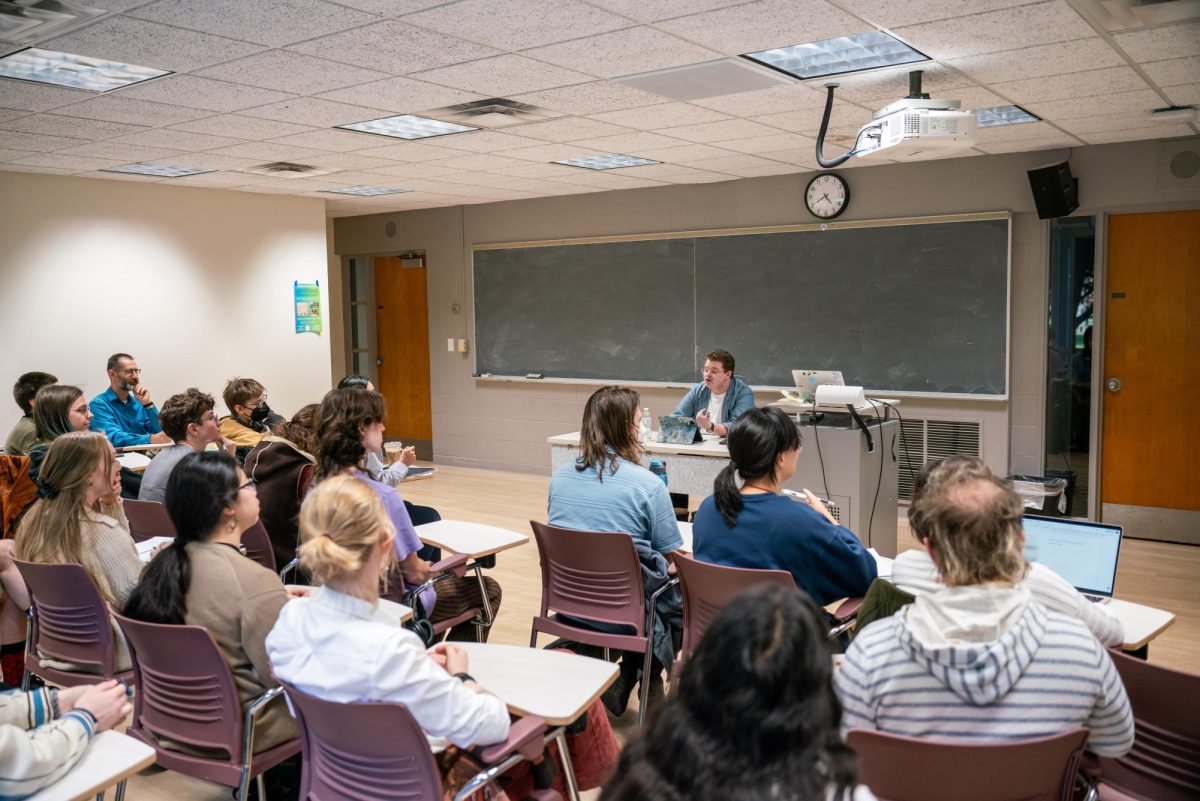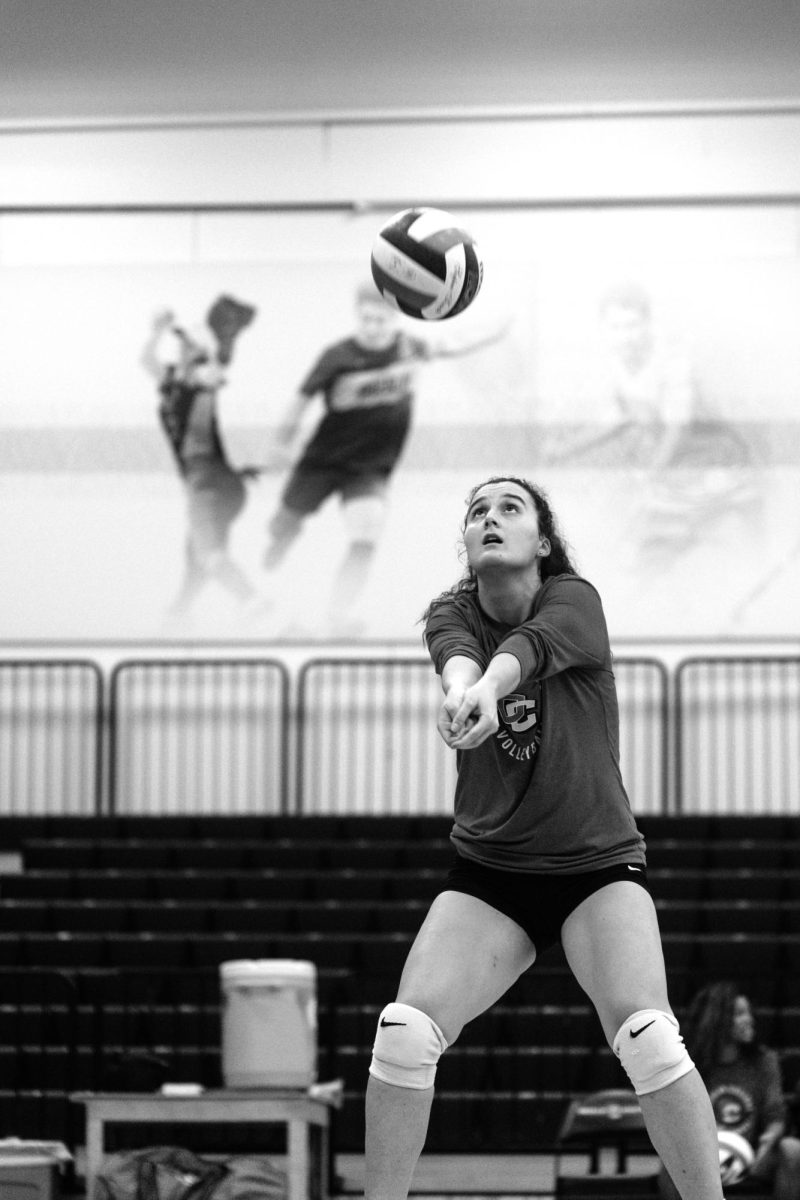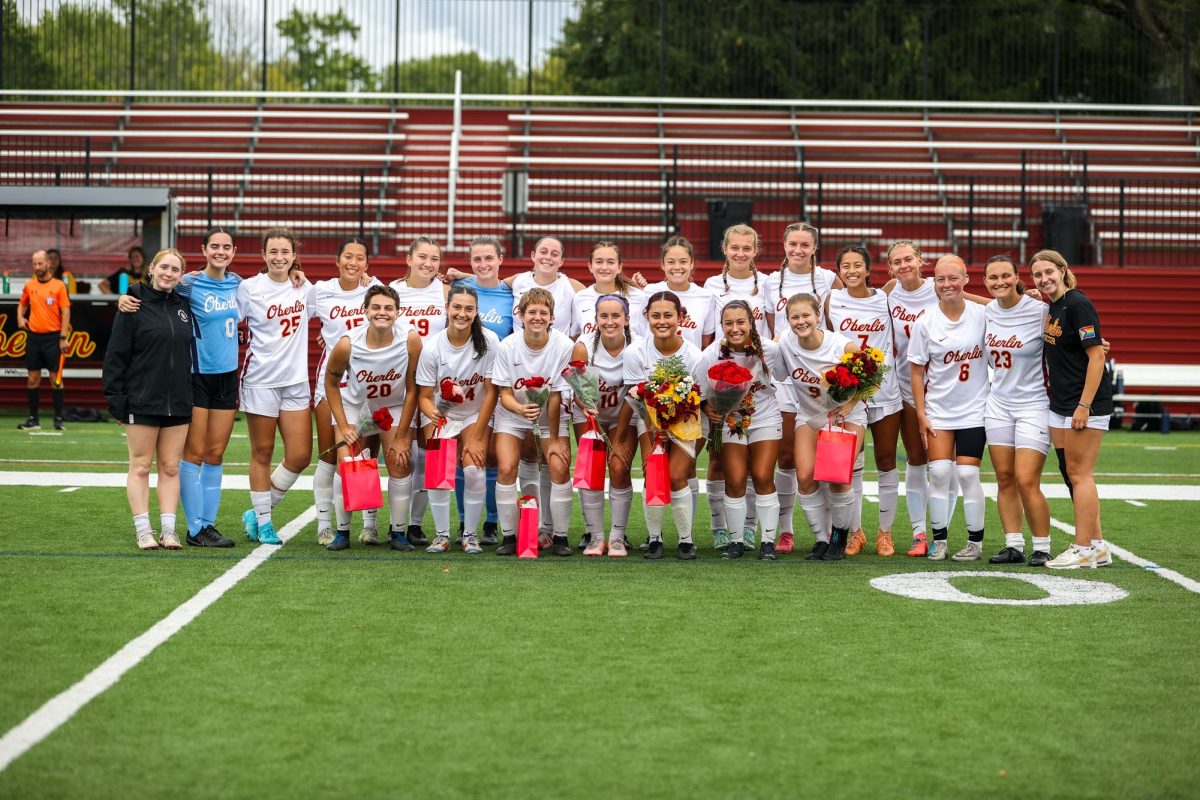Sunny with a Chance of Cynicism: Counseling Center’s Shortcomings Must Be Addressed
September 20, 2013
A few years ago, let’s say about halfway through my first year, I started feeling like there was something weird going on with my brain. I’d be sitting in the middle of class and everything would suddenly look unfamiliar and terrifying, and my chest would start hurting, and I’d just generally feel like I was either going crazy or straight-up dying. At first these symptoms occurred very infrequently and didn’t cause me too much worry. But then they got worse, and being the (somewhat) proactive person that I am, I decided to go somewhere for help. The help I sought took me to the College’s Counseling Center, which seemed to me like the best possible route.
I made an appointment, met with a counselor and described to her as best I could all of my symptoms. As I explained my case she said nothing. In fact, she almost seemed like she was falling asleep. Then she basically told me to practice some breathing exercises and be on my way. Less than a week later my parents were taking me home on medical leave. Once I got home, I went to a doctor and a therapist, and they both immediately diagnosed my symptoms as panic attacks, which is apparently a pretty prevalent issue on this campus. This sounded right and with about a semester and summer’s worth of recovery time and an excellent therapist, I was back to feeling like the (somewhat) normal person that I am. But what didn’t sound right was the fact that, even though these issues come up with students all the time on this campus, and I mean all the time, we don’t have a support system that can deal effectively with students’ mental health issues.
I could be wrong, but I don’t think I am, since 100 percent of the people I’ve talked to who’ve gone to the Counseling Center have reported some pretty negative experiences. And yes, the RAs have always been a helpful resource, but unfortunately they aren’t trained in clinical psychology, and the College actually steps in for the RAs’ sake before they get too involved. So why, in a school so full of kids with anxiety, depression and every other issue under the sun, would we have counselors that act like they’re half asleep and can’t even diagnose one of the most common issues amongst college-aged kids?
After so many incidents have occurred — kids literally jumping out of buildings, running away and self-medicating with illicit substances — you have to wonder what’s going on with this school. The problem, I believe, is that our school is too focused on its reputation. The College constantly shoves information under the rug that would be much more beneficial to share with our students just so we can save face. Instead of discussing the issues, our students are uninformed. When students get to campus, they realize something’s amiss, and I, as a concerned fellow student, end up having to help them, which then causes me to be anxious because it’s almost impossible to take on 70 first years’ feelings along with your own. It isn’t an effective system for anyone, and something needs to change.
By actually admitting we have a problem and finding solutions for it, we’re not losing anything that we haven’t already lost. It’d also just be really great if the school addressed this issue so the first years and I, along with all the RAs, could stop feeling so insanely stressed and actually have the prosperous, productive lives that we’re paying $50,000 a year to have. I think it’s about time someone did something, and if anyone has any valuable suggestions, I’ll take them straight to President Krislov myself. The student body has the power to change the system. Until then, I’ll just be here trying to keep the crazy away from the first-years and myself.








